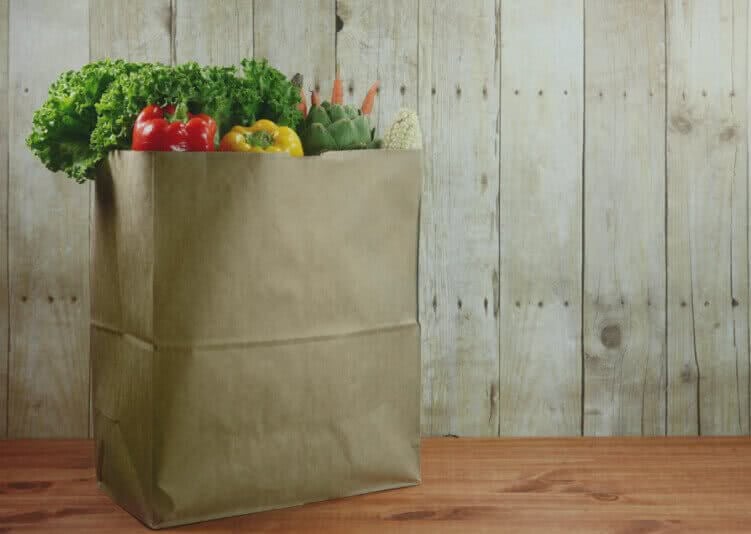The Mathematics of Meal Preparation

Ever wonder how much time you spend shopping for and preparing meals? How much money do you spend on unhealthy processed foods because you just don’t have time to cook for yourself? These are the mathematics of meal preparation – If you’re anything like most people, your busy schedule dictates the foods you eat, meaning you rely on convenience and commercially-prepared foods for at least part of your diet. Not convinced? Read on to find out how you can improve your diet while saving time and money.
Breaking Down The Cost of Home Cooking
If you typically spend 20 minutes on getting lunch & snacks and 20 minutes cooking dinner, and you go grocery shopping once in a typical week. For the purposes of this calculation let’s assume you spend ~$100 each trip to the the grocery store (excluding the cost of your time and transportation). Here is a time breakdown:
Time |
Activity |
|---|---|
20 min |
Prepping Lunch Per Day |
20 min |
Cooking Dinner Per Day |
30 min |
Grocery shopping Per Week |
30 min |
Driving to store Per Week |
320 min |
per week |
You’re spending up to 325 minutes or over 10 hours just getting food! No wonder your day seems so short!
Breaking Down The Cost of Eating Out
Now let’s look at it the other way around: you don’t have 10 hours to spend preparing meals each week and instead, choose to buy all your meals. You might spend: ~$13 for lunch ~$15 for dinner ~$28 per day ~$196 per week
This is excluding travel time and time at those restaurants. And let’s not talk about the nutrition in that food…
Where You Fall
Now you probably fall somewhere between those two extremes, maybe cooking when you can and buying meals when you run out of time, or supplementing with bars and convenience foods. Either way, we’ve got two tips to improve the quality of the meals you eat while saving time and money:
Your Other Meal Prep Options
Now that we know more about the mathematics of meal preparation let’s take some actionable steps and turn to meal prepping and planning. To plan your meals you can:
You’ll save money on groceries you don’t need, you’re less likely to pick up a bag of chips on impulse (which you’ll eat just because it’s there) and you’ll save time by making fewer trips to the grocery store.